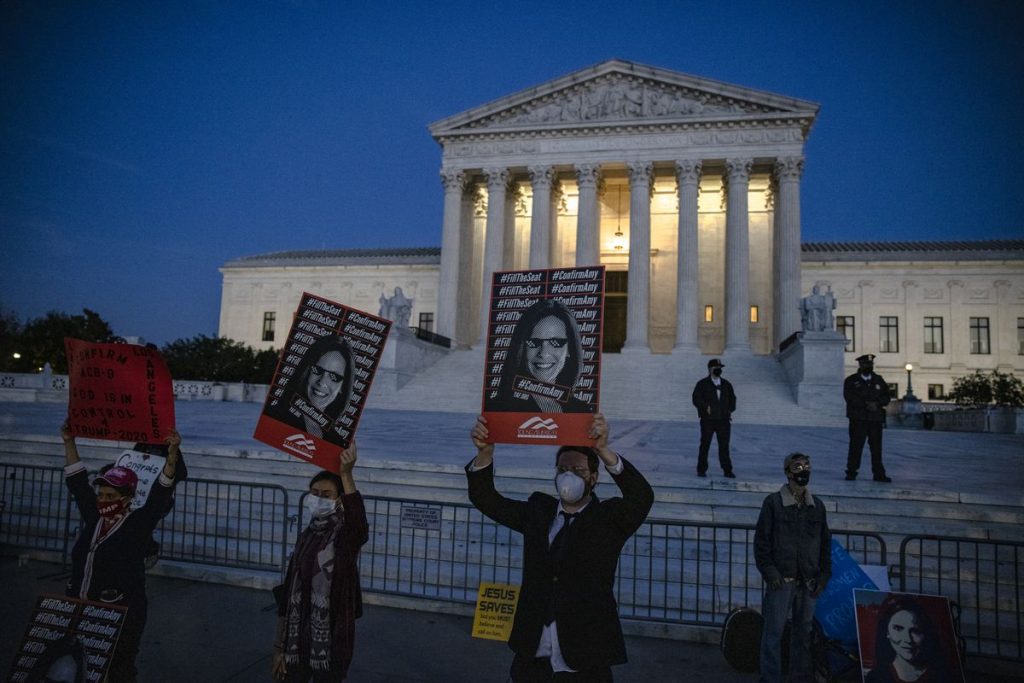Blog Post
Good news in the abortion wars, bad news from the Supreme Court
Some news from around the interwebs.
***
Massachusetts, one of the most pro-abortion states in the union, is putting her money where her mouth is. According to Newbury Port News, the new budget has ample cash for abortion:
Among the contentious measures in this year’s budget is an amendment aimed at strengthening abortion rights. The measure would let women obtain an abortion after 24 weeks of pregnancy in cases of “fatal fetal anomalies.” Current state law allows abortions after 24 weeks only to preserve the life or health of the mother.
It would also lower the age, to 16, at which an abortion could be obtained without the permission of a parent. Under current law, those under 18 must have at least one parent’s consent or seek judicial consent to have an abortion. Baker has not said whether he would veto the budget provision, but has said he opposes late-term abortions and supports current Massachusetts abortion laws.
The divide between pro-abortion and pro-life states continues to grow.
***
Ohio, which has been consistently passing pro-life laws for the past several years, just passed another:
Ohio’s House of Representatives has approved a bill requiring fetal remains from surgical abortions to be cremated or buried. After the state Senate agrees with amendments made by the House, Gov. Mike DeWine is expected to sign it…The measure will “impose requirements on the final disposition of fetal remains from surgical abortions,” as its title states. It would require women who choose to have an abortion to make a determination in writing about how the remains should be handled. If a patient opts not to decide, the task would fall to the abortion provider.
Critics note that the bill creates new expenses. The medical facility would have to pay for a cremation or interment, unless the patient makes third-party arrangements for which she pays.
Collectively, these laws crush down on the Big Lie—that babies in the womb are not human beings deserving of the right to life and to dignity.
***
This is very good news:
A federal appeals court ruled Friday that Tennessee can begin outlawing abortions because of a prenatal diagnosis of Down syndrome, as well as prohibit the procedure if it’s based on the race or gender of the fetus. Tennessee Republican Gov. Bill Lee enacted the so-called “reason bans” earlier this year as part of a sweeping anti-abortion measure. The law gained national attention because it banned abortion as early as six weeks — making it one of the strictest in the country — but it included several other anti-abortion components.
With this success, the trend of banning eugenic abortions is likely to continue.
***
The Fulcrum says some women had difficulties accessing abortion in Canada during the pandemic:
Julie Vautour, one of the six founding members of the Ottawa Abortion Doula Collective (OADC), explained that the pandemic has impacted abortion access in several ways. “Hospitals had to cancel what they call ‘elective surgery’ or ‘day surgery’, which has affected surgical abortions,” said Vautour. “The priority was given to [individuals] who were more advanced in their pregnancies, leaving those in their early stages with fewer options and longer wait times.”
The pandemic also affected those in the later stages of pregnancy. “Folks who need an abortion after 20 weeks need to travel within the country to the very few clinics/hospitals who offer them,” said Vautour. She points out that from 24 weeks on, “those looking for an abortion need to travel to the United States.”
“It is already complicated to get a passport in a short period of time and has become more complicated due to the pandemic. The person seeking an abortion will also be questioned at the borders for the reasons of their trip, resulting in having to disclose the abortion, putting them at risk of being denied entry.” Additionally, those looking to access abortions services in Ontario need a valid Ontario Health Insurance Plan, which was problematic for some during the pandemic.
For the most part, however, things proceeded as normal. While other surgeries and cancer screenings were cancelled, abortions continued.
***
More fruits of the Bostock ruling are already here. We’re going to see years, if not decades, of non-stop judicial fights over the extent to which the state accepts the claims of the transgender movement regarding the differentiation between sex and gender. From The Hill:
The Supreme Court on Monday declined to take up a challenge by Oregon parents to public school policies allowing transgender students to use bathrooms that match their gender identity. By declining to hear the case, the justices preserved a federal appeals court’s decision to permit transgender students to use the bathrooms and locker rooms associated with their gender identity instead of their sex assigned at birth.
Parents brought the case against the Dallas School District in Oregon in 2017 after a transgender student was permitted to use the boys’ bathrooms and locker room at the high school. The parents alleged that the district’s permission for transgender students to use the bathrooms and locker rooms aligned with their gender identity violated the privacy and constitutional rights of other students.
A lower court initially refused to strike down the school district’s policy, prompting the parents to appeal to the 9th Circuit Court of Appeals, which affirmed the lower court ruling.
“The District’s directive interferes with parents’ rights to direct the upbringing of their children, schoolchildren’s rights to bodily privacy, parents’ and children’s free exercise of religion, and children’s rights to be free from hostile educational environments under Title IX,” the parents said in their petition for appeal. The Dallas School District said in court documents that the parents’ appeal had “innumerable shortcomings” and their argument was “moot since the transgender boy graduated long ago.”
The Supreme Court’s denial of review on Monday means the Oregon parents’ petition for appeal failed to gain support from at least four justices.
With both Gorsuch and Roberts voting in favor of the trans movement in Bostock, it’s easy to see how this case failed. Still, it’s a real blow for institutions attempting to govern themselves by the traditional understanding of sex and gender. This will not be the last case. What a difference five years makes.
***
More soon.








